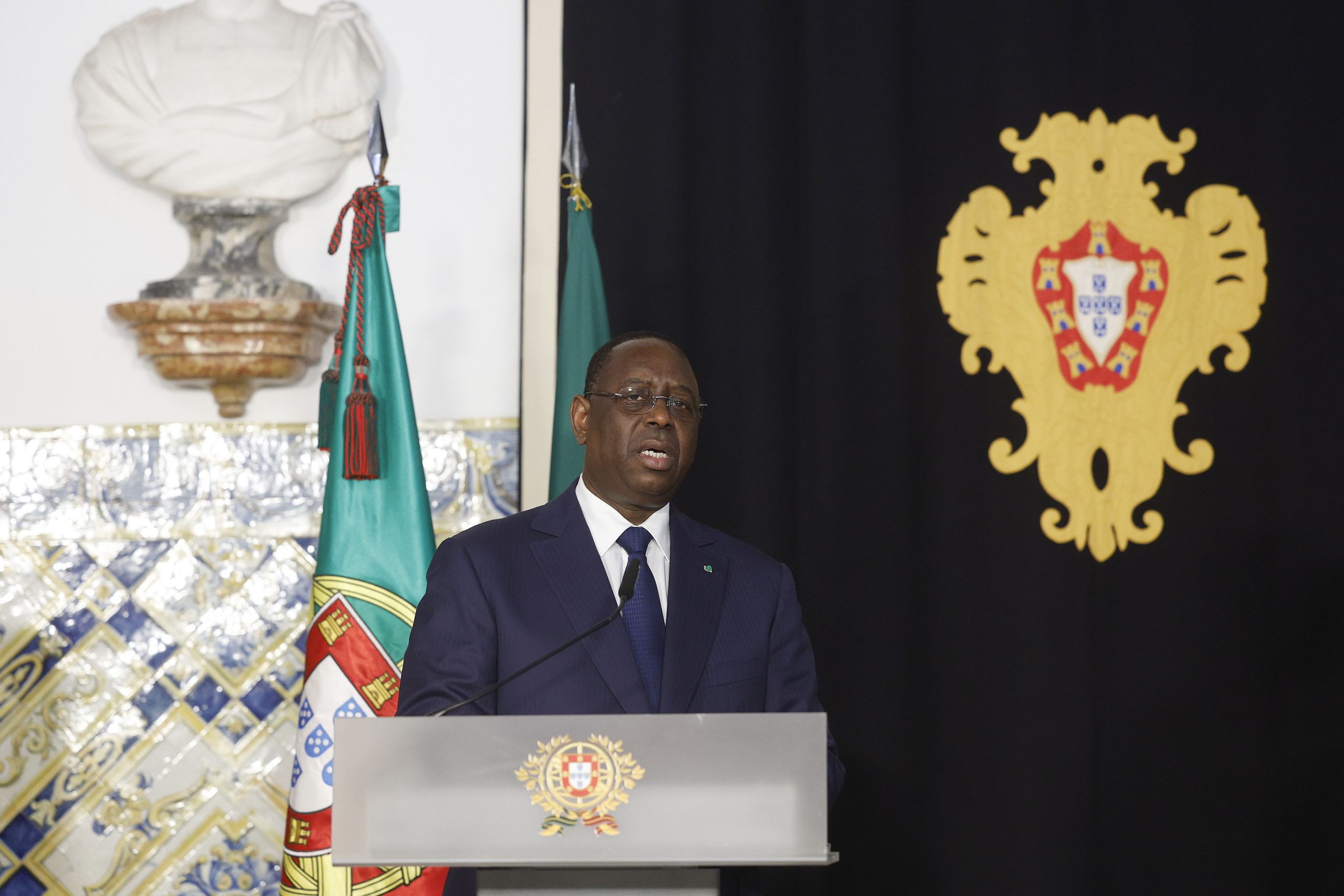Source International Press Institute
Senegal must keep the internet on and safeguard fundamental rights
Media www.rajawalisiber.com–
The IPI global network today joined 57 organizations across the globe as part of the #KeepItOn coalition in calling on the Senegalese government to end its use of internet shutdowns and blocking as a tool to censor and control information. This joint statement comes in reaction to the government’s shutdown of mobile internet on July 31 and its blocking of TikTok on August 2.
We also urge private platforms and telecommunications companies to push back on government demands to shut down the internet or block access to platforms in order to meet their obligation to protect and respect human rights and to ensure that they are not complicit in government censorship and restrictions on access to information.
The statement can be read in full below
We, the undersigned organizations and members of the global #KeepItOn coalition — a global network of over 300 organizations from 105 countries working to end internet shutdowns — denounce the weaponization of internet shutdowns by the government of Senegal in response to the recent political unrest in the country and demand an end to authorities’ escalating use of this dangerous censorship tool.
Senegal’s escalating history of internet shutdowns
Over the past two months, Senegal has seen growing protests surrounding the continued arrests and incarceration of opposition politician, Ousmane Sonko. On July 30, 2023, new demonstrations erupted in the country following the arrest of the opposition leader, accused of plotting an insurrection and other offenses. The Ministry of Communications, Telecommunications, and Digital Economy initially on July 31 directed internet service providers (ISPs) to cut mobile internet connection, and subsequently ordered the blocking of TikTok on August 2. Data from Cloudflare, an internet traffic monitoring company shows a dip in traffic since the order was given.
A similar act of digital repression was recorded on June 1, when the Senegalese government shut down social media and mobile internet access for approximately a week following deadly riots across the country sparked by the arrest and conviction of Ousmane Sonko for “immoral behavior towards individuals younger than 21.”
In both instances, the government attempted to justify the shutdowns as “necessary to prevent” the spread of hateful and subversive messages online. The #KeepItOn coalition’s monitoring, however, shows the contrary — internet shutdowns escalate tensions, violate people’s rights, and amplify the spread of misinformation. These types of shutdowns implemented in Senegal only serve to create vacuums of information when people need means to access accurate and updated information and reporting.
Prior to these recent instances, Senegalese authorities blocked social media platforms with some instances of internet disruptions being reported in 2021 following protests once again due to the arrest of opposition leader, Ousmane Sonko.
Internet shutdowns harm human rights, exacerbate crises, and stop the free flow of information.
It is well documented that internet shutdowns are used as a tool for masking human rights violations perpetrated by those in power and in times of political unrest. When such abuses are undertaken under the cover of a blackout, they occur with impunity. As has been reported in Ethiopia and Myanmar, shutdowns make it extremely difficult for journalists to report and document human rights violations, making it easier for perpetrators to evade accountability for their actions.
Furthermore, when authorities hit the internet kill switch, they deny people access to critical information, disrupt personal lives, and negatively affect the economy.
Internet access must be safeguarded
The internet, when open, free, and accessible can be a gateway to accurate, timely information. It enables the documentation of relevant events, provides an opportunity for public discourse, and is vital in helping ensure safe passage if need be. Senegal’s assault on connectivity, especially as the 2024 presidential elections approach, is extremely alarming. Authorities must put a stop to this practice.
Internet shutdowns are never a necessary or proportionate response to public unrest. The government of Senegal must immediately end the ongoing escalation of internet shutdowns and refrain from flipping the kill switch whenever they deem fit.
The #KeepItOn coalition and all signatories urge the international community to join our call to the government of Senegal by condemning this new act of digital authoritarianism.
Signatures:
Access Now
Advocacy Initiative for Development (AID)
African Freedom of Expression Exchange (AFEX)
Africa Freedom of Information Centre (AFIC)
Africa Media and Information Technology Initiative (AfriMITI)
Africa Open Data and Internet ResearchFoundation (AODIRF)
AfricTivistes
ARTICLE 19 Eastern Africa
ARTICLE 19 Senegal/ West Africa
Bloggers Association of Kenya (BAKE)
Bloggers of Zambia (BloggersZM)
Center for the Advancement of Rights and Democracy (CARD)
Center for Media Studies and Peacebuilding (CEMESP-Liberia)
Collaboration on International ICT Policy for East and Southern Africa (CIPESA)
Committee to Protect Journalists (CPJ)
Digital Rights Lawyers Initiative (DRLI)
Digital Woman Uganda
Digital Access
Digital Rights Kashmir
Eurasian Digital Foundation (Kazakhstan)
Fundación Karisma
Global Digital Inclusion Partnership (GDIP)
Haki na Sheria (Kenya)
Human Rights Network for Journalists-Uganda
Internet Society Senegal Chapter
IGBANET (Benin)
International Press Centre (IPC)
International Press Institute
Internet Protection Society (Russia)
JCA-NET(Japan)
JONCTION, Senegal
Kenya Human Rights Commission (KHRC)
Kenya ICT Action Network (KICTANet)
Kijiji Yeetu
LastMile4d
Miaan Group
Media Foundation for West Africa (MFWA)
Media Institute of Southern Africa (MISA Zimbabwe)
Media Rights Agenda (MRA)
Office of civil freedoms
OpenNet Africa
Open Net Korea
Open Observatory of Network Interference (OONI)
Paradigm Initiative (PIN)
Ranking Digital Rights
Reporters Without Borders (RSF)
Sassoufit collective
Securing Organizations with Automated Policymaking (SOAP)
The Nubian Rights Forum
The Tor Project
Ubunteam
VE sin Filtro
Wikimedia Uganda
Women ICT Advocacy Group (WIAG)
Women of Uganda Network (WOUGNET)
Xnet, Institute for Democratic Digitalisation
YODET
Zaina Foundation

